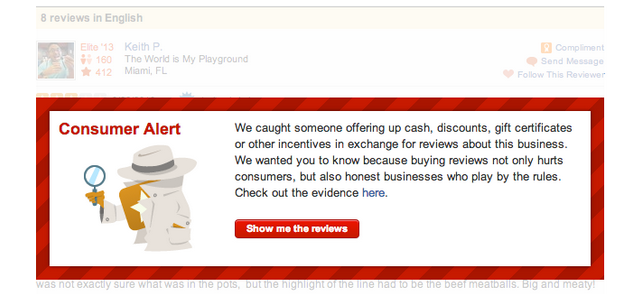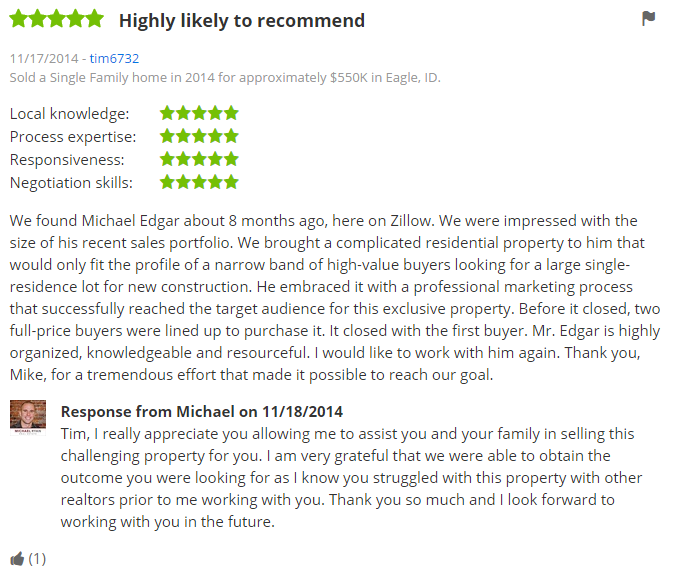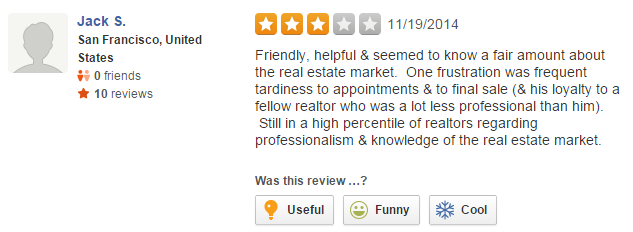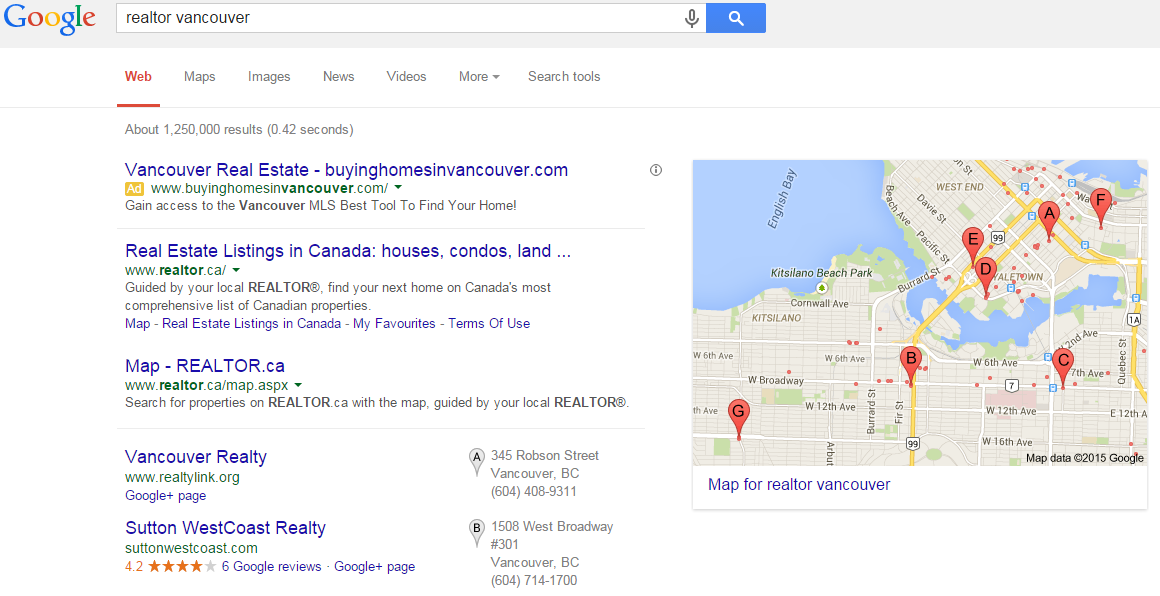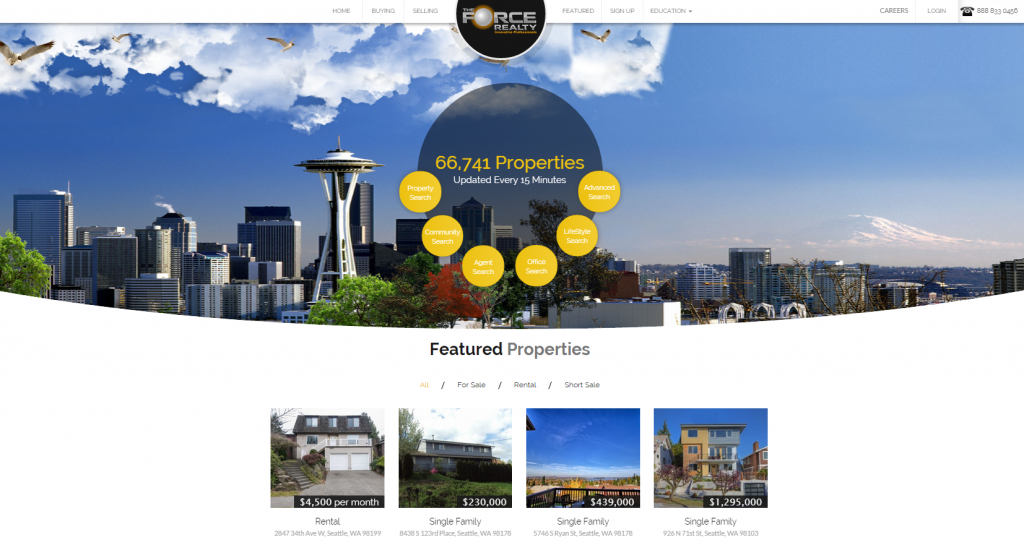 Developing & nurturing leads are key skills for any real estate agent. But, the truth is that the majority of an agent’s leads come from their existing client base – 42% of home buyers find their agent based on a referral from a friend or family member and 12% used the agent previously.
Developing & nurturing leads are key skills for any real estate agent. But, the truth is that the majority of an agent’s leads come from their existing client base – 42% of home buyers find their agent based on a referral from a friend or family member and 12% used the agent previously.
Agents that can capitalize on their current client base reap the benefits. First, they’re able to scale marketing efforts quickly and can reduce time & money spent on advertising. They also have better conversion rates since referred clients are less likely to shop around for an agent. However, growing referrals and repeat business doesn’t happen automatically. So, if you’re wanting to spend less time cold calling, here’s our top tips for driving leads from your current client base.
1. Thank Clients Personally
After you finish working with a client, whether the deal was successful or not, thank them and let them know you appreciate their business. If the deal was successful, send a personalized letter and closing gift – like a gift certificate to a local restaurant near their new home.
2. Stay in Touch with Newsletters
Stay top of mind after deals have closed with regular communication. Remember, you shouldn’t be selling new homes to clients that have recently purchased. Instead offer home maintenance advice, news about local events & attractions, or details about the local real estate market – it’s reassuring for recent buyers to hear that their purchase was a sound financial decision.
3. Check In
If you want past clients to refer you to their friends and family, personally check-in with them after the deal has closed. Keep in touch around move-in day, anniversaries of their home purchase/sale and holidays. Sending a card for the anniversary of their closing shows you’re invested in each client and were attentive when you worked together.
4. Connect on Social Media
Your social media presence is great for staying in touch with past clients. To save time, schedule posts for the upcoming week during a slow morning – this way you won’t feel so overwhelmed with social.
5. Make Referrals Easy
As great of an agent as you are, referrals won’t just automatically roll in. Despite 83% of past clients stating that they’re willing to make a referral only 29% actually follow through. Remind past clients in your digital and print communications that you appreciate referrals. Then, make it simple for them to send a referral by adding referral forms to your website and Facebook page.
How do you win repeat business and referrals???


